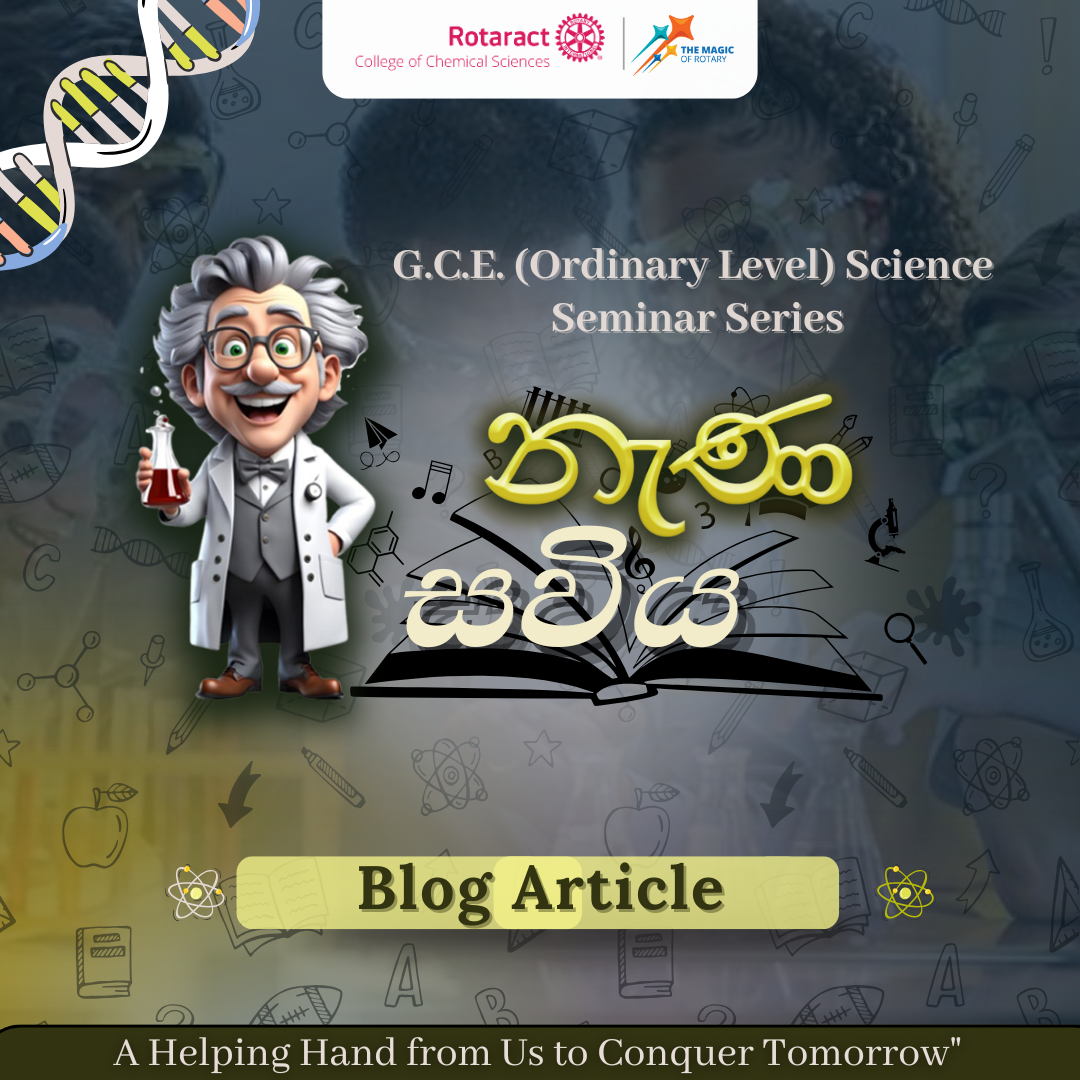Eid al-Adha (Feast of the sacrifice)
Eid al-Adha - “Feast of the Sacrifice”
ඊද් අල්-අදා - “කැප කිරීමේ මංගල්යය”
ஈத் அல்-ஆதா - “தியாகத்தின் விருந்து”
Eid al-Adha
This is the second of two Islamic holidays celebrated
worldwide in each year (the other being Eid al-Fitr ), and considered the holier
of the two. It honours the willingness of Ibrahim(Abraham)
to sacrifice his son Ismael as an
act of obedience to God’s command.
But, before Ibrahim could sacrifice his son, God provided a lamb to sacrifice
instead. In commemoration of this intervention, an animal, usually a sheep, is
sacrificed ritually. Sweets
and gifts are given, and extended family are typically visited and welcomed.
In
the Islamic lunar calendar, Eid al-Adha falls on the 10th day of Dhu
al-Hijjah, and lasts for four days. In the international (Gregorian) calendar,
the dates vary from year to year shifting approximately 11 days earlier each
year.
The
purpose of sacrifice in Eid al-Adha is not about shedding of blood just to
satisfy Allah. It is about sacrificing something devotees love the most to show
their devotion to Allah. It is also obligatory to share the meat of the
sacrificed animal in three equivalent parts – for family, for relatives and
friends, and for poor people. The celebration has a clear message of devotion,
kindness and equality. It is said that the meat will not reach to Allah, nor
will the blood, but what reaches him is the devotion of devotees.
ඊද් අල්-අදා (කැප කිරීමේ මංගල්යය)
මෙය සෑම වසරකම ලොව පුරා සමරනු ලබන ඉස්ලාමීය නිවාඩු දින දෙකෙන් දෙවැන්නයි (අනෙක ඊඩ් අල්-ෆිතර්), එයින් වඩාත් පාරිශුද්ධ ලෙස මෙය සැලකේ. දෙවියන් වහන්සේගේ ආඥාවට කීකරු වීමේ ක්රියාවක් ලෙස තම පුත් ඉස්මයිල්ව පූජා කිරීමට ඉබ්රාහිම් (ආබ්රහම්) දක්වන කැමැත්තට එය ගෞරවයක් ලෙස සිදු කරයි. එහෙත්, ඉබ්රාහිම් තම පුත්රයාව පූජා කිරීමට පෙර දෙවියන් වහන්සේ බැටළු පැටවෙකු පූජා කළේය. මෙම මැදිහත්වීම සිහිපත් කිරීම සඳහා, සාමාන්යයෙන් බැටළුවෙකු වන සතෙකු චාරිත්රානුකූලව පූජා කරනු ලැබේ. රසකැවිලි සහ තෑගි ලබා දෙන අතර පවුලේ සියල්ලන්ම සාමාන්යයෙන් පැමිණ පිළිගනු ලැබේ.
ඉස්ලාමීය චන්ද්ර දින දර්ශනයේ, ඊද් අල්-ආඩා, ධු අල්-හිජ්ජා හි 10 වන දිනට වැටෙන
අතර එය දින හතරක් පවතී. ජාත්යන්තර (ග්රෙගෝරියන්) දින දර්ශනයේ, සෑම වසරකම දළ වශයෙන් දින 11 කට පෙර දිනයන්
වෙනස් වේ.
ඊද් අල්-අදා හි පූජා කිරීමේ අරමුණ අල්ලාහ් තෘප්තිමත් කිරීම සඳහා ලේ වැගිරීම
නොවේ. එය අල්ලාහ් කෙරෙහි තම භක්තිය පෙන්වීමට බැතිමතුන් වඩාත්ම ආදරය කරන දෙයක් කැප
කිරීමයි. පූජා කරන ලද සත්වයාගේ මස් සමාන කොටස් තුනකට බෙදා ගැනීම ද අනිවාර්ය වේ -
පවුල, ඥාතීන්, මිතුරන් සහ දුප්පතුන් සඳහා. මෙම සැමරුමට භක්තිය, කරුණාව සහ සමානාත්මතාවය පිළිබඳ පැහැදිලි පණිවිඩයක් ඇත. මස් අල්ලාහ් වෙත ළඟා
නොවන බවත්, රුධිරය නොලැබෙන
බවත් කියනු ලැබේ, නමුත් ඔහු වෙත
ළඟා වන්නේ බැතිමතුන්ගේ භක්තියයි.
ஈத் அல்-ஆதா (தியாகத்தின் விருந்து)
ஈதுல் அழ்கா (தியாகத் திருநாள்), ஒவ்வொரு ஆண்டும் உலகளவில் கொண்டாடப்படும் இரண்டு இஸ்லாமிய புனித நாட்களில் இரண்டாவதாகும் (மற்றையது ஈதுல் பித்ர்), இது இரண்டிலும் புனிதமாக கருதப்படுகிறது. இறைவனின் கட்டளைக்கு கீழ்ப்படிதலுக்கான செயலாக தனது மகன்
இஸ்மாயிலை தியாகம் செய்ய
இப்ராஹிம் (ஆபிரகாம்) விரும்பியதையும் ஆனால், இப்ராஹிம் தன் மகனை
பலியிடுவதற்கு முன்பு, இறைவால் அதற்கு பதிலாக ஒரு ஆட்டுக்குட்டியை பலியிட உத்தரவு வழங்கப்பட்டதையும் இந்நாள் நினைவூட்டுகிறது. இந்த நிகழ்வின் நினைவாக ஒரு விலங்கு, பொதுவாக ஒரு ஆடு சடங்கு முறையில் பலியிடப்படுகிறது. இந்நாளில் இனிப்புகள் மற்றும் பரிசுகள் பகிரப்படுவதோடு, குடும்பங்கள் வரவேற்கப்பட்டு உபசரிக்கப்படுகின்றன.
இஸ்லாமிய சந்திர நாட்காட்டியில், துல்
ஹஜ் மாதம்
பிறை 10ம் நாளில் இது கொண்டாடப்படுகிறது. மேலும் இது நான்கு நாட்கள் நீடிக்கும். சர்வதேச நாட்காட்டியில் திகதிகள் ஒவ்வொரு ஆண்டும் வேறுபடும்.ஒவ்வொரு ஆண்டும் சுமார் 11 நாட்களுக்கு முன்னதாக ஆண்டுக்கு ஆண்டு வேறுபடும்.
இத் திருநாளின் நோக்கம் அல்லாஹ்வை திருப்திப்படுத்துவதற்காக இரத்தம் சிந்துவதை பற்றியது அல்ல. மாறாக
அல்லாஹ்விடம் தங்கள் பக்தியை காட்ட பக்தர்கள் மிகவும் விரும்பும் ஒன்றை தியாகம் செய்வது பற்றியதாகும். பலியிடப்பட்ட விலங்கின் இறைச்சியை மூன்று சம பகுதிகளாக பகிர்வது கடமையாகும் – குடும்பம், உறவினர்கள் மற்றும் நண்பர்கள், ஏழை மக்கள் என இது பகிரப்பட வேண்டும். இத்தினம் பக்தி, இரக்கம் மற்றும் சமத்துவம் பற்றிய தெளிவான செய்தியைக் கொண்டுள்ளது. பலியிடப்படும் விலங்கின் இறைச்சிறோ, இரத்தமோ அல்லாஹ்வை சென்றடையாது, மாறாக பக்தர்களின் பக்தியே அவரை
சென்றடையும் என கூறப்படுகிறது.
Written by:
Rtr.Fathima shameela Mohammed Lafeer
Sinhala translation by:
Rtr. Samadhi Hemachandra
Co Editor 2020/2021


Comments
Post a Comment